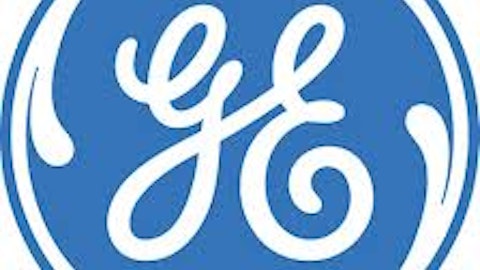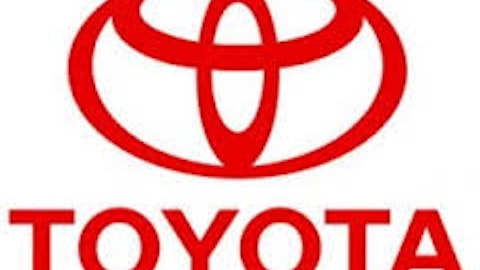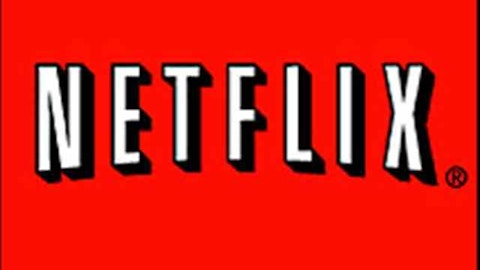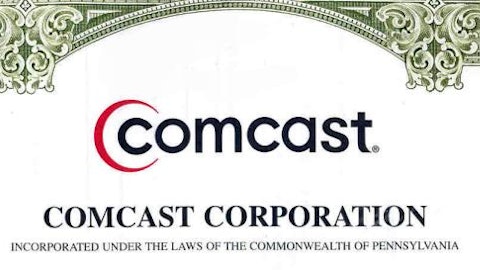2013 has so far been the year of mega media buys, as pay-TV companies and Internet streaming businesses face off for viewership. Let’s take a look at some of the big winners this week, and what they mean for investors.
Go big or go home
An increasing number of viewers are dumping cable for cheaper online streaming options these days. As a result, media companies of all sorts are outbidding each other for content rights in a push to remain competitive in the space.
On Tuesday, traditional cable operator Comcast Corporation (NASDAQ:CMCSA) surprised investors by announcing its plans to buy General Electric Company (NYSE:GE)‘s remaining 49% stake in NBC Universal. The $16.7 billion deal comes much sooner than expected. Nevertheless, the deal gives Comcast full control over NBCU’s cable networks and film studios, which is important in terms of content strategy.
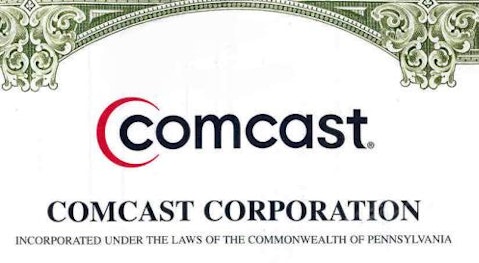
The Comcast NBCU deal is no doubt exciting. However, it is also a big bet on traditional media at a time when Internet streaming companies such as Netflix, Inc. (NASDAQ:NFLX) and Amazon.com, Inc. (NASDAQ:AMZN) are gaining serious momentum.
Shares of Comcast are up more than 7% year to date.
Position means everything
Netflix also made headlines this week when the company announced a partnership with Dreamworks Animation Skg Inc (NASDAQ:DWA) to develop a new children’s series. By producing an original animated children’s show based on DreamWorks’ upcoming flick Turbo, Netflix is aiming for a bigger chunk of family viewers.
The company’s move to add more kid-friendly content complements Netflix’s recent deal with The Walt Disney Company (NYSE:DIS). In December, Netflix outbid pay-TV network Starz (NASDAQ:STRZA)for exclusive rights to Disney and Pixar movies. However, there’s a catch. Disney currently has a contract with Starz that doesn’t end until 2015. As a result, Netflix subscribers will have to wait three years before they can stream the latest Disney movies via Netflix.
Perhaps the bright side of having to wait until 2016 for exclusivity is that it gives Netflix time to raise additional capital. Content isn’t cheap, and it’s only getting more expensive. While exact financials for the Netflix-Disney deal weren’t disclosed, some analysts estimate the cost to Netflix to be around $300 million or more per year.
That’s no small price to pay. In fact, one analyst with Stifel Nicolaus says Netflix will need to add 3.7 million new subscribers each year in order to justify the cost of the Disney content. We’ll have to wait to see if these titles pay off and help Netflix attract new subscribers. However, for the time being, Netflix stock is riding high on the recent media news.
Shares of Netflix are up more than 101% year-to-date.
Seeing Starz
Cable TV giant Starz rebounded from its lost Disney contract by extending a deal with Sony Corporation (ADR) (NYSE:SNE) earlier this week. Under the terms of the deal, Starz gets to keep the rights to movies from Sony Pictures through 2021 — including new releases.
The news sent Starz stock higher by more than 7% on Monday. Meanwhile, shares of the premium cable channel are up more than 40% year to date.
